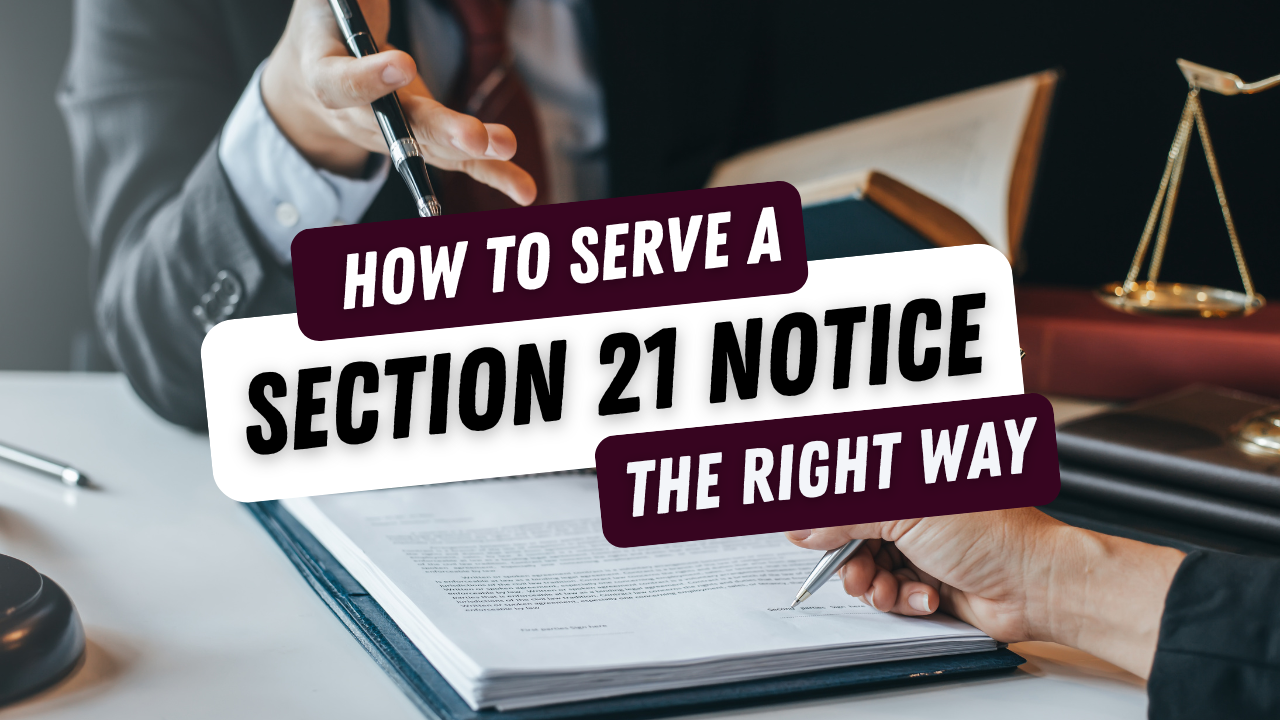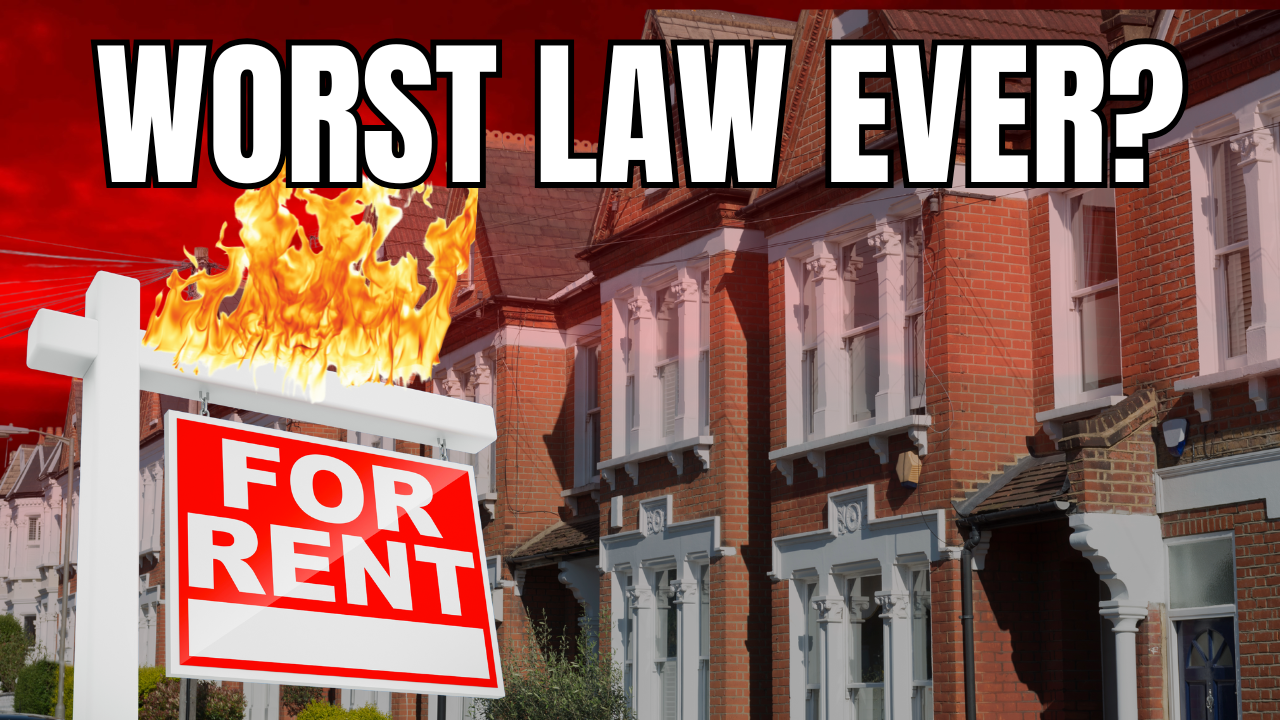
Section 21 notices currently play a vital role in ending a tenancy in England, allowing landlords to regain possession of their property without stating a reason. Contrary to common misconceptions, landlords often use this route to remove antisocial tenants causing problems for other tenants, not to increase rent. Statistics and market data show that the cost of remarketing, agency fees, and likely void between tenancies far outweigh any benefit of increasing rents to existing tenants who comply with the terms of the tenancy.
However, one small mistake in preparing or serving the notice can lead to invalidation, causing delays and legal complications if you seek possession. This blog post aims to help landlords navigate the process with more confidence.
Section 1: Understanding Section 21 Notices
A Section 21 notice, often referred to as a "no-fault eviction notice," allows landlords to terminate a tenancy agreement at the end of the fixed term tenancy without specifying a reason. It can be used after the first four months of a fixed-term tenancy or during a periodic tenancy (a situation when the fixed term has expired but the tenant remains in the property "holding over"), provided all legal obligations are met, and provide a tenant with 2 months' notice.
NOTE: A landlord cannot require possession until the end of the fixed term, i.e., 12 months, but still couldn't serve the notice until after 4 months of the tenancy had elapsed.
Section 2: Preparing the Notice
The notice must include specific information such as the tenant's name, property address, and the date by which possession is required. Timing is crucial; the notice must be served at least two months before the required possession date and must be in the prescribed Form 6a format as found on the Government website (HERE).
Section 3: Common Mistakes to Avoid
Invalidation can occur due to errors like:
• Incorrect dates on the notice.
• Failure to register the tenant's deposit.
• Failure to provide (or prove!) that required documents known as the prescribed information were served on the tenant at the start of the tenancy. These documents include the deposit protection certificate, deposit agency prescribed information leaflet, the Government's How to Rent guide, a copy of the current gas safety certificate and an updated copy of the Energy Performance Certificate. It is a good idea to serve these documents digitally so you have a digital paper trail.
• Non-compliance with deposit protection regulations.
Avoiding these mistakes requires careful attention to detail and adherence to legal requirements. Consulting with a legal expert or using a professionally drafted notice can minimise risks.
Because if you do have to rely on it in court, it will be scrutinized for any error by the Judge and the tenant’s representation.
Section 4: Serving the Notice
Proper service of the notice is essential. It can be hand-delivered with evidence of service (usually a picture taken of the notice being posted through the door) or sent via recorded delivery. It's also recommended to email a copy of the notice to the tenant to create a digital paper trail. Proof of service, such as a signed receipt or witness statement, is vital to prevent disputes over whether the notice was received.
Section 5: What to Do If Things Go Wrong
If the tenant disputes the notice or other issues arise, it's essential to review the notice for errors and consult with a legal expert as soon as possible. Seeking professional legal advice can help navigate complex situations and ensure compliance with the law.
Ensuring the validity of a Section 21 notice is a meticulous process that requires understanding, preparation, and careful execution. Because if you do have to rely on it in court, it will be scrutinized for any error by the Judge and the tenant's representation.
Landlords are encouraged to take great care in both preparing and serving Section 21 notices to avoid potential pitfalls.
If you need further assistance or want to learn more about our services, don't hesitate to contact us. Our team of experts is here to guide you through every step of the process, ensuring a smooth and legally compliant experience.
















